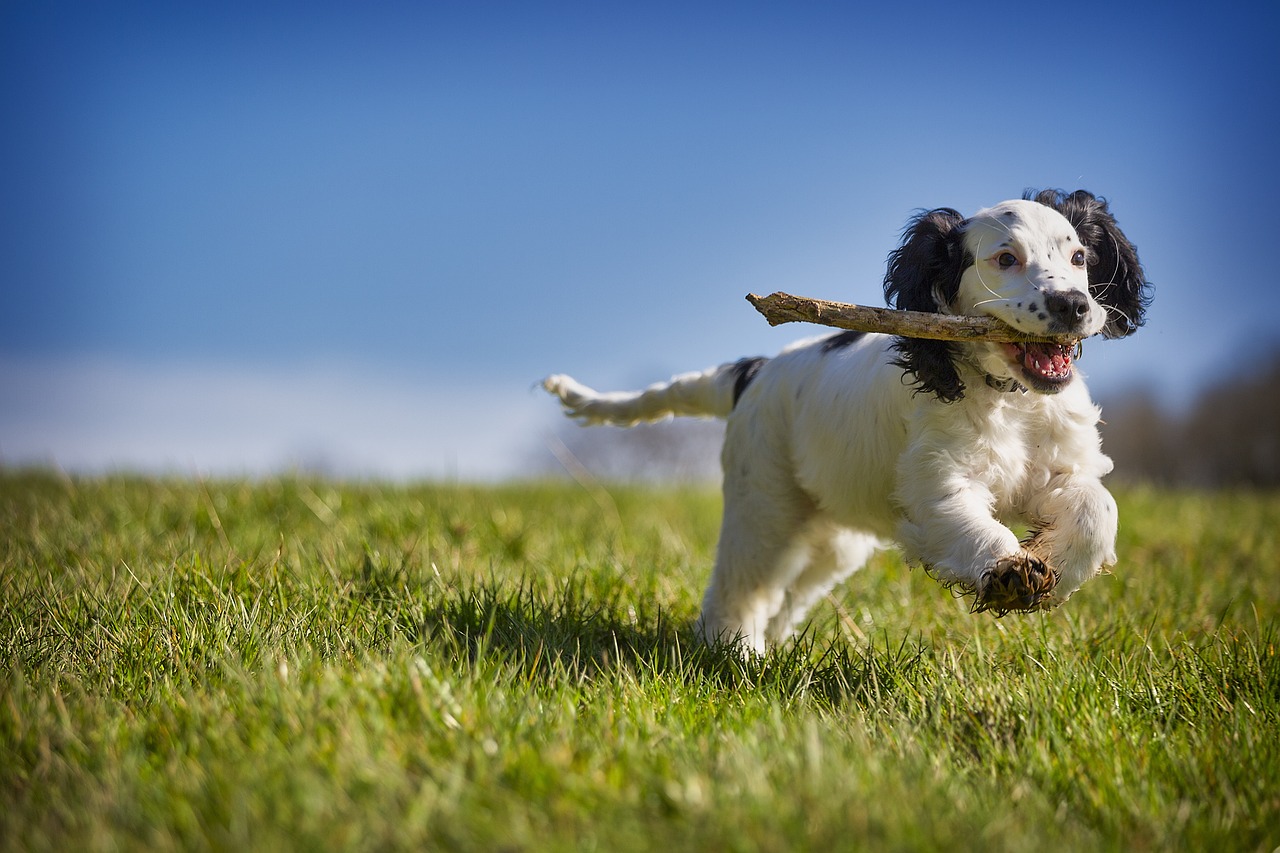Dogs are often called “man’s best friend” for a reason. They offer companionship, loyalty, and unconditional love. However, owning a dog comes with significant responsibilities. Proper care ensures your dog lives a healthy, happy, and fulfilling life. Whether you’re a new pet owner or looking to improve your dog-care routine, this comprehensive guide will provide you with essential tips and insights.
1. Choosing the Right Dog for You
Before bringing a dog into your home, it’s crucial to choose a breed or mix that fits your lifestyle. Consider factors like size, energy level, grooming needs, and temperament.
Size: Small dogs like Chihuahuas are ideal for apartment living, while larger breeds like Golden Retrievers need more space to roam. Energy Level: High-energy breeds, such as Border Collies, require lots of exercise and mental stimulation. Lower-energy breeds, like Bulldogs, are more suited for a sedentary lifestyle.
Grooming Needs: Breeds with long coats, like Shih Tzus, require regular grooming, whereas short-haired breeds, like Beagles, are easier to maintain.
Temperament: Consider if you want a dog that’s good with kids, other pets, or one that can be a guard dog.
2. Preparing Your Home
Bringing a dog into your home requires some preparation to ensure a safe and welcoming environment.
Space: Designate a specific area for your dog’s bed, food, and water. Ensure it’s a quiet, comfortable place.
Safety: Dog-proof your home by removing toxic plants, securing electrical cords, and ensuring small objects are out of reach.
Supplies: Stock up on essentials like food and water bowls, a comfortable bed, toys, a leash and collar, and grooming tools.

3. Nutrition and Feeding
A balanced diet is crucial for your dog’s health. Here’s what you need to know:
Quality Food: Choose high-quality commercial dog food or prepare a balanced homemade diet after consulting with your vet. Look for foods with real meat, vegetables, and minimal fillers.
Feeding Schedule: Puppies typically eat three to four times a day, while adult dogs do well on two meals a day. Maintain a consistent feeding schedule.
Hydration: Always provide fresh, clean water. Monitor your dog’s water intake to ensure they’re staying hydrated.
4. Exercise and Mental Stimulation
Regular exercise is vital for your dog’s physical and mental well-being.
Daily Walks: Most dogs need at least one to two walks per day. Adjust the duration and intensity based on your dog’s breed and energy level.
Playtime: Engage in interactive play with toys like balls, frisbees, or tug ropes. This strengthens your bond and keeps your dog active.
Mental Stimulation: Provide puzzle toys, teach new tricks, and offer varied experiences to keep your dog mentally sharp.
5. Grooming
Regular grooming keeps your dog looking and feeling their best.
Brushing: Brush your dog’s coat regularly to remove loose hair and prevent matting. Frequency depends on the breed.
Bathing: Bathe your dog every few months or as needed. Use a gentle dog shampoo to avoid skin irritation.
Nail Trimming: Trim your dog’s nails every few weeks to prevent overgrowth and discomfort. If you’re unsure how, a vet or professional groomer can help.
Dental Care: Brush your dog’s teeth several times a week to prevent dental disease. Dental chews and toys can also help maintain oral health.
6. Health Care
Regular veterinary care is essential for your dog’s health.
Vaccinations: Keep your dog up to date with vaccinations to protect against common diseases.
Parasite Prevention: Use preventative treatments for fleas, ticks, and heartworms as recommended by your vet.
Regular Check-ups: Schedule annual vet visits for a thorough health check. Early detection of health issues can prevent serious problems.
7. Training and Socialization
Training and socialization are key to a well-behaved and happy dog.
Basic Commands: Teach your dog basic commands like sit, stay, come, and heel. Positive reinforcement techniques, such as treats and praise, are highly effective.
Socialization: Expose your dog to different environments, people, and other animals. This helps them become well-adjusted and reduces fear-based behaviors.
Consistency: Be consistent with rules and commands. This helps your dog understand expectations and reduces confusion.

8. Understanding Your Dog’s Behavior
Understanding your dog’s behavior helps build a stronger bond and ensures their needs are met.
Body Language: Learn to read your dog’s body language. Tail wagging, ear position, and posture can convey emotions and intentions.
Barking: Identify the cause of excessive barking. It could be due to boredom, anxiety, or the need to alert. Addressing the root cause is key.
Separation Anxiety: Some dogs experience anxiety when left alone. Gradual desensitization and creating a safe space can help alleviate this.
9. Traveling with Your Dog
Traveling with your dog requires preparation to ensure a safe and enjoyable experience.
Car Travel: Use a crate or dog seat belt for safety. Make frequent stops for bathroom breaks and to stretch.
Air Travel: Check airline policies for pet travel. Ensure your dog is comfortable in their travel crate and consider consulting your vet for tips on reducing travel stress.
Accommodations: Research pet-friendly accommodations and plan ahead to ensure your dog is welcome.
10. Emergency Preparedness
Being prepared for emergencies can save your dog’s life.
First Aid Kit: Have a pet first aid kit that includes bandages, antiseptic, and any necessary medications.
Emergency Plan: Have a plan in place for natural disasters or other emergencies. Ensure you have a safe place to take your dog and necessary supplies on hand.
Vet Information: Keep your vet’s contact information and an emergency vet clinic’s details easily accessible.
11. Love and Affection
Lastly, give your dog plenty of love and affection. Dogs thrive on attention and companionship. Spend quality time with your dog every day, whether it’s through play, cuddles, or simply being together.
Conclusion
Caring for a dog is a rewarding experience that brings joy and fulfillment. By following these guidelines, you’ll ensure your dog leads a healthy, happy, and well-balanced life. Remember, the bond you share with your dog is unique and special. Cherish every moment and enjoy the journey of pet ownership.
